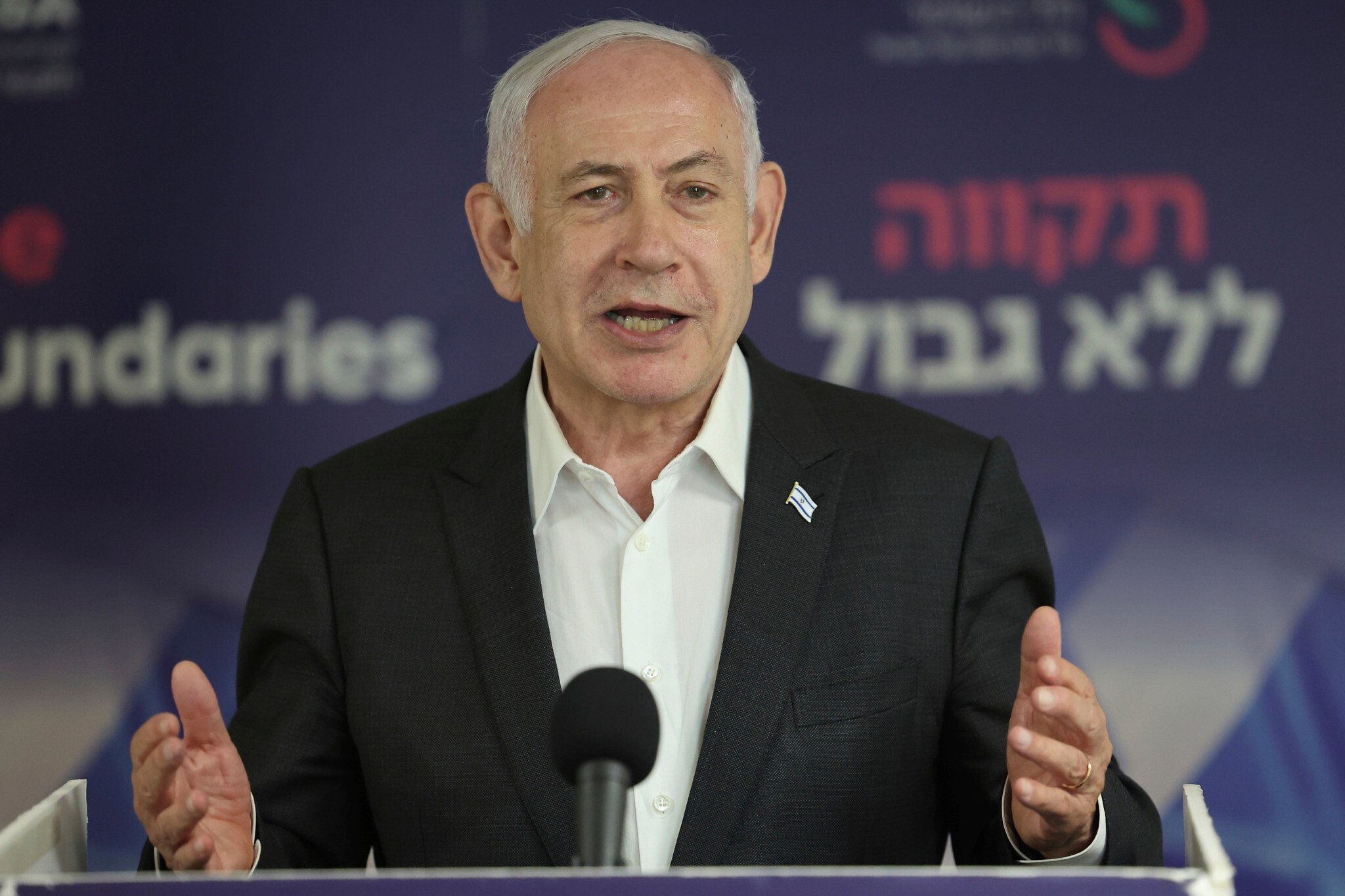Israel has announced that it will send a delegation to Qatar on Sunday, July 6, 2025, to engage in indirect talks with Hamas concerning the latest ceasefire and hostage release proposal involving Gaza.
This decision comes amid ongoing efforts by mediators from Qatar, the United States, and Egypt to broker a deal that could halt hostilities and secure the release of Israeli captives held by Hamas.
Israeli Prime Minister Benjamin Netanyahu’s office confirmed that he had accepted the invitation for proximity talks.
This is despite expressing strong reservations about what he described as “unacceptable” amendments Hamas sought to make to the existing plan.
These talks are seen as a critical step in addressing the complex conflict, with both sides attempting to navigate a fragile path toward peace.
On Friday night, Hamas conveyed a “positive response” to the proposal, signaling readiness to enter negotiations over a 60-day ceasefire.
Nevertheless, a senior Palestinian official revealed that Hamas was seeking certain modifications, including assurances that fighting would not resume should negotiations on a permanent truce fail.
Meanwhile, violence continues to claim lives in Gaza.
On Saturday, the Hamas-run Civil Defence agency reported that Israeli airstrikes and gunfire resulted in the deaths of at least 35 Palestinians.
Among the casualties were seven people killed in a bombing of tents in the al-Mawasi area, including a doctor and three of his children, according to a hospital in the nearby city of Khan Younis.
Adding to the chaos, two American employees of the Gaza Humanitarian Foundation (GHF) – an aid organization supported by both Israel and the United States—were wounded in a grenade attack at their site in Khan Younis.
Both the Israeli and U.S. governments promptly blamed Hamas for the attack, though the group has not issued a response.
Despite these challenges, the Israeli Prime Minister’s Office emphasized that the changes Hamas wants to impose on the ceasefire proposal are unacceptable.
Yet, Netanyahu has ordered that the invitation for talks be accepted, instructing the negotiating team to proceed based on the framework Israel has agreed to, which is largely shaped by the Qatari proposal.
The delegation was set to depart on Sunday to begin these critical discussions.
Earlier remarks from an Israeli official suggested that Hamas’s initial response contained elements “to work with,” indicating some room for negotiation.
However, mediators face a difficult task in bridging the gaps between the two parties during the indirect talks in Doha.
The international community, including former U.S. President Donald Trump, has been watching developments closely.
Trump, who has recently spoken optimistically about the possibility of a ceasefire deal, expressed hope on Friday that a Gaza agreement could be reached soon.
He is scheduled to meet with Netanyahu on Monday and appears eager to announce a significant diplomatic breakthrough.
Amid the uncertainty, families of Israeli hostages and Palestinians in Gaza remain anxious.
A rally held in Tel Aviv on Saturday night saw hundreds of relatives and supporters calling for a comprehensive deal that would lead to the safe return of all hostages.
Among the speakers was Yechiel Yehoud, whose daughter Arbel was freed during a previous ceasefire that Trump helped negotiate before his presidency.
He implored Trump to continue efforts to secure a “big beautiful hostages deal.”
According to the latest ceasefire proposal, which was announced by the U.S. on Tuesday, Israel has agreed to a 60-day truce during which both parties would work toward ending the war.
The plan includes the gradual release of 10 living Israeli hostages by Hamas, alongside the return of the bodies of 18 others, in exchange for Palestinian prisoners held in Israeli jails.
Currently, around 50 hostages remain in Gaza, with estimates suggesting at least 20 are still alive.
The proposal also calls for the immediate delivery of humanitarian aid into Gaza, coordinated by the United Nations and the International Committee of the Red Cross.
A senior Palestinian official involved in the negotiations stated that Hamas insists aid distribution be exclusively handled by the UN and its partners, demanding an end to operations by the Gaza Humanitarian Foundation.
Hamas also reportedly seeks Israeli troop withdrawals, demanding that Israeli forces return to positions held prior to the offensive that began after the March ceasefire collapse.
Additionally, Hamas wants guarantees from the United States that Israeli air and ground operations will not resume, even if the ceasefire ends without reaching a permanent truce.
The mediators’ proposal includes commitments to serious negotiations from the outset and provisions to extend the ceasefire if necessary.
Despite these efforts, Prime Minister Netanyahu remains steadfast in his position that the war will continue until all hostages are freed and Hamas’s military and governing infrastructure is dismantled.
Hardline members of his cabinet have also voiced opposition to the ceasefire plan.
Notably, National Security Minister Itamar Ben-Gvir asserted that the only way to recover the hostages is through:
- the complete conquest of Gaza,
- the total cessation of humanitarian aid, and,
- encouraging the displacement of the Palestinian population.
The current conflict escalated after the October 7, 2023 attack by Hamas, which resulted in the deaths of approximately 1,200 Israelis and the capture of 251 hostages.
Since then, the toll in Gaza has been devastating, with the Hamas-run health ministry reporting at least 57,338 deaths in the territory.
As negotiations unfold, the world watches closely, hoping for a resolution to a conflict that has caused immense suffering on all sides.







